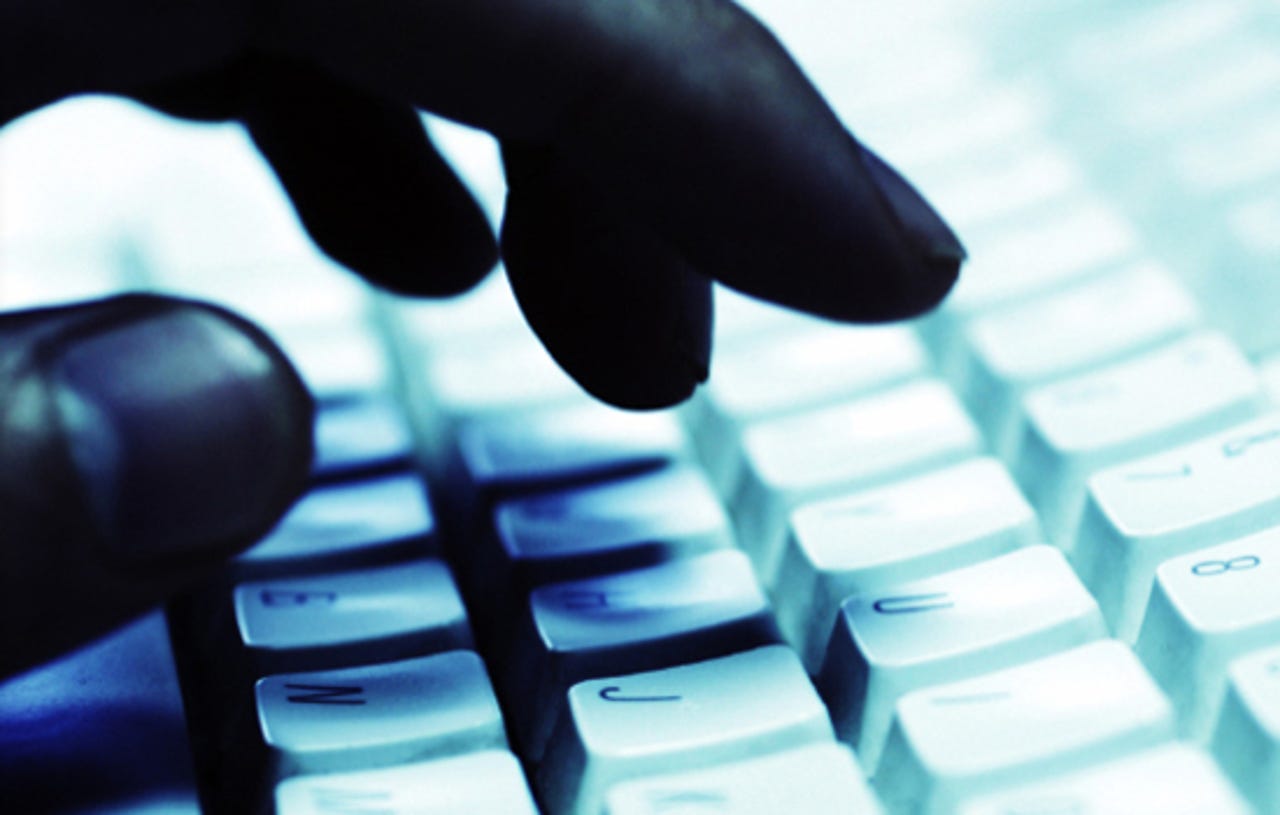Stop hoarding: How to clean up your digital life


Use a password manager
In times where brute-force attacks, social engineering and weak passwords can result in your accounts being compromised, using strong and unique passwords for each account is recommended -- but may not be easy to remember. Therefore, consider using a password vault such as Lastpass or Dashlane, which only require one password to remember but can safely store everything else for you, as well as automatically fill these fields in whenever you need to login, saving you time and frustration.
Clean up your PC and mobile devices
With so much information whizzing around the Internet, photos taken, articles downloaded and messages received, PCs and mobile devices can quickly become cluttered up. Take an hour or two and delete unnecessary files such as documents and photos and remove any software and apps you no longer need. You will save space and have a cleaner system to work with which can improve your productivity.
Once you've removed files and uninstalled unwanted software, system cleaners such as CCleaner (Windows) and Dr. Cleaner (Mac) can further clear up any legacy registry files and configuration or history files you no longer need -- potentially resulting in a quicker start and extra space recovery.
Upgrade your software
Clicking the "Remind me tomorrow" for updates is something most of us have done, but the constant nagging of these software alerts can be an irritating distraction as well as potentially place your security at risk. Give yourself an afternoon to download any system and software updates to get up to speed and have security patches applied.
Back up your data
All the important content on your system, whether it be family photos or films and music collections, should be backed up to an external source to protect your data in case disaster strikes and your PC malfunctions. You should consider shifting any data you want to keep but do not need on a daily basis to a portable hard drive too, since this will free up space and PC resources as well as de-clutter your system.
Open the social media closet, turf out the skeletons
De-cluttering your digital life is not limited to your personal devices -- you should also spring-clean your social media accounts from time to time. The first thing you should prioritize is checking your privacy settings and making sure you're happy -- now -- with what data you share and do not share publicly. Once this is complete, take a look at old posts, tweets, photos and messages and consider scrubbing anything no longer required, especially if those drunk photos or that statement which now makes you cringe could come back to haunt you later.
Spring clean your email inbox and subscriptions
Every few months, I find that subscription lists add up, I'm receiving more promotional emails than those which require answers, and my general inbox is overflowing with rubbish I don't need and takes time out of my day to sift through. Having a secondary email account for anything which is not critical -- for example, set up through Google Gmail's managed account service -- is useful to keep these elements separate from work or family messages. Unsubscribe to anything which only ends up deleted, clean up that spam box and spend an afternoon organizing your account. At the same time, change your password to keep things current and as secure as possible.
Delete old accounts
You may ignore the weekly email from your old MySpace account subscription, but do you really need that online service anymore?
It can be difficult to keep up with a handful of social media networks -- such as Facebook, Twitter and LinkedIn -- let alone adding old e-commerce accounts and email addresses on top. If you don't use it anymore, delete it -- which will narrow the online area where your data is held and help to de-clutter your digital life.
Search yourself
To finish up, your final task is to search yourself. Make sure there is nothing online linked to your name you are not happy with -- and you may find old accounts based on this search which you can then remove.
As our physical and digital identities have become so closely linked in the West, it is recommended that you search yourself on occasion so you are forewarned if something is floating about online which you don't find acceptable.